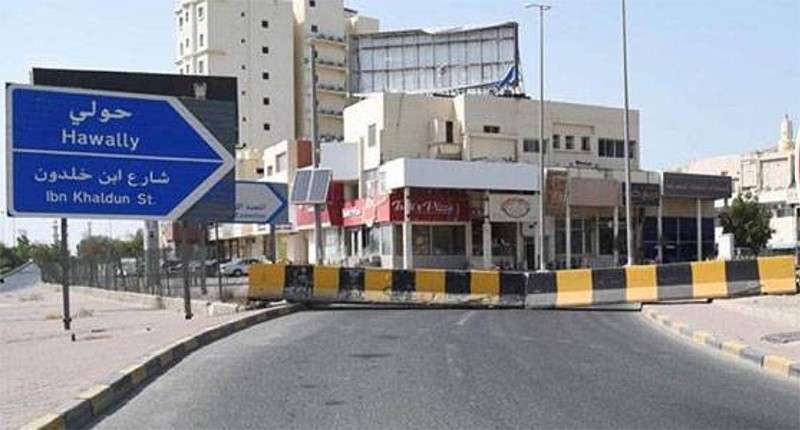
KUWAIT: A local newspaper published a report highlighting what it described as a rats' infestation problem that Hawally, one of Kuwait's most populated areas, is reportedly suffering from. "Hawally seems no different today from various global cities like New Orleans and others, where rats are spreading after many restaurants and eateries, upon which these rodents rely for food, were forced to shut down in the aftermath of the COVID-19 pandemic," Al-Rai Arabic daily wrote yesterday.
Health quarantines, lockdowns and total curfews have reduced the amount of household trash and people's movements, which made rats adapt to the new situation and wander around more often, the daily argued. "Rats have also become bolder in terms of wandering day and night without fear, and some of them have started to nibble on the cables of parked automobiles," it wrote.
"To probe the matter after receiving many complaints from residents, Al-Rai toured blocks 9 and 10 in Hawally and found rats have started sharing food with cats in various dumpsters," the report reads. Abdul Rahman Amer, a resident, is quoted in the report saying that rats gnawed the computer cable of his friend's vehicle. He added that huge rats are now living in many old abandoned buildings in the area, where many people throw their garbage. Another resident claimed that he once saw a huge rat standing on its hind limbs with its forelimbs on a vehicle's tire. "It was as if it was a mechanic examining the brake pads," he exclaimed.
Abu Fadi, who resides in block 9, said he has noticed a larger numbers of rats in the evening, unusually foraging among cats in various garbage containers. He hoped all trash containers are tightly sealed, and suggested collecting trash twice a day to prevent the spread of rats. Mohammed Khattab, a block 10 resident, said the gathering point of rats is behind an electrical transformer near Hassan Al-Basri Street, where huge piles of garbage can be found.
"I'm so worried that these rats might someday gnaw the electric cable in the unit," he warned, noting that rats had always existed in the area and that their numbers had significantly dropped after residents reported the matter and rodent fighting teams sprayed the area with pesticides. "But they reappeared massively during the curfew period," Khattab stressed.
The Ministry of Health's rodent and insect fighting project manager Dr Samya Al-Tabeekh said rodent fighting teams work regularly and intensively, but mounds of trash in some densely populated areas attract rodents. She also stressed the importance of regular garbage collection.
.jpg)
